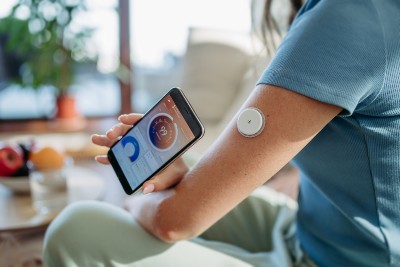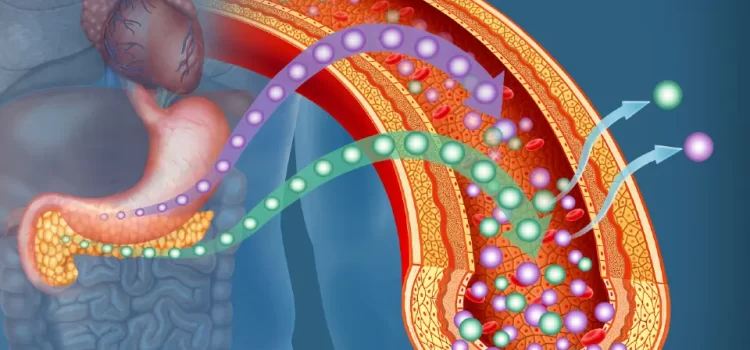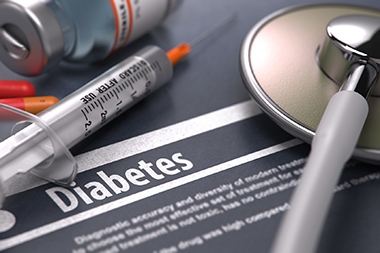A recent study in JAMA Network Ophthalmology found that older adults with diabetes who were treated with glucagon-like peptide-1 receptor agonists (GLP-1 RAs) had a significantly higher risk of developing neovascular age-related macular degeneration (nAMD). The retrospective study, conducted from January 2020 to November 2023, followed patients for up to 3 years. It included individuals aged 66 years or older (46.6% female) who had a diagnosis of diabetes and at least 12 months of follow-up …
Read More









